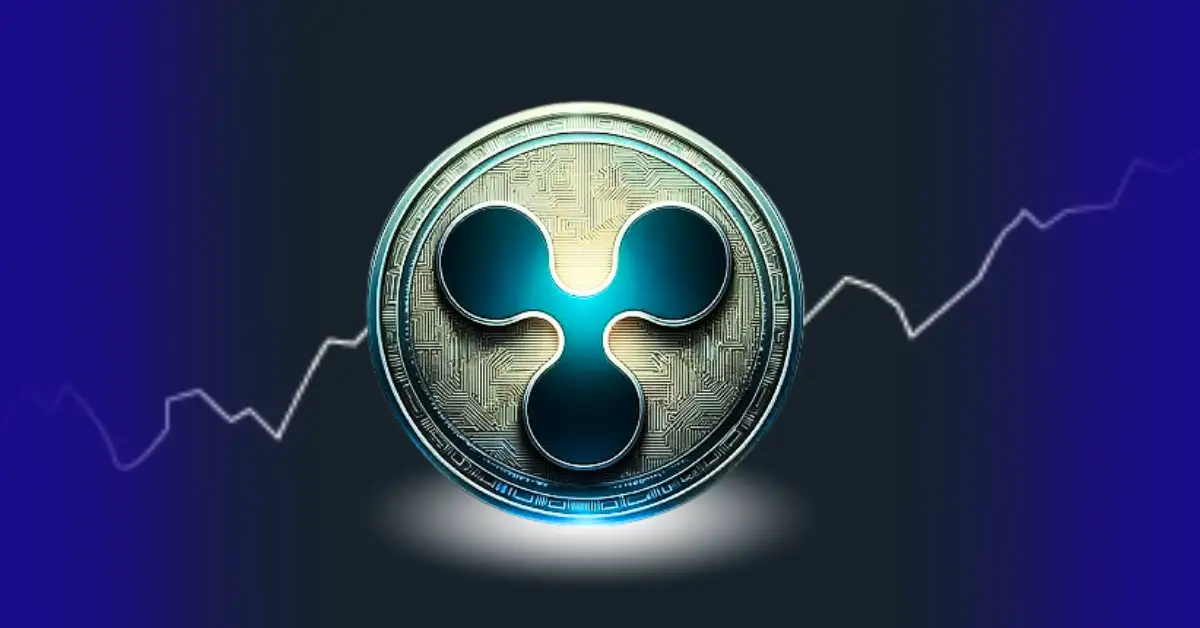In recent news, Solana (SOL) and Avalanche (AVAX) have both seen somewhat of a market correction in terms of investor interest… so, if you’re looking for an exciting new presale with a bright future, InQubeta is definitely one to consider.
What Makes InQubeta (QUBE) Stand Out?
InQubeta’s $QUBE tokens offer a unique investment opportunity due to their in-house deflationary mechanism. As a deflationary ERC20 token, $QUBE has a 2% tax on buy and sell transactions, contributing to a burn wallet that gradually reduces the token supply. This deflationary model has the potential to drive up the value of $QUBE over time, making it an attractive investment choice for those who believe in the growth and potential of AI start-ups.
This deflationary nature of $QUBE tokens sets them apart from traditional cryptocurrencies. As more tokens are burned, the circulating supply decreases, creating scarcity and potentially driving up the value of each token. This mechanism rewards long-term token holders and creates an environment that encourages investors to hold onto their $QUBE tokens, contributing to the overall stability and value of the ecosystem.
Additionally, $QUBE tokens offer an additional opportunity for investors to earn rewards through staking. By staking their tokens on the InQubeta platform, investors contribute to network security and performance while also earning rewards from the dedicated reward pool. This dual benefit of potential price appreciation and staking rewards makes $QUBE tokens an enticing choice for investors seeking both short-term and long-term gains.
This strong focus on being deflationary ensures that the value of $QUBE tokens aligns with the growth and success of the AI start-ups in its ecosystem. As the demand for AI technology continues to rise and more investors and start-ups participate in the platform, the scarcity and value of $QUBE tokens are expected to increase. Investing in $QUBE tokens allows individuals to become part of a thriving community supporting the future of AI technology.
Visit InQubeta Presale
What’s Wrong With SOL + AVAX?
Solana and Avalanche, two promising blockchain platforms, have faced their fair share of struggles in the market.
One key reason for the struggles of Solana and Avalanche lies in issues with reaching scalability goals. Both platforms aim to provide high transaction throughput and low fees, but they have faced difficulties in handling the growing demand. Solana experienced network outages and congestion during peak periods, leading to a decline in user experience and confidence. Avalanche, on the other hand, faced similar problems when its network became congested during one particular high-demand season, causing delays and increased fees.
Another factor impacting Solana and Avalanche is the lack of widespread adoption and developer support. Although both platforms have attracted attention and partnerships, they are still in the early stages of building their ecosystems. Ethereum, with its extensive developer community and established dApps, remains the preferred choice for many developers and users.
It is important to note that the struggles faced by Solana and Avalanche are not necessarily indicative of their long-term potential. Both platforms continue to make improvements to address scalability issues and attract more users and developers. However, overcoming the challenges posed by competition (like InQubeta) and achieving widespread adoption will be critical for their success in the highly competitive blockchain market.
Join InQubeta Communities
| Disclaimer: This is a press release post. Coinpedia does not endorse or is responsible for any content, accuracy, quality, advertising, products, or other materials on this page. The image used in this article is for informational purposes only and is provided to us by a third party. Coinpedia should not be held responsible for image copyright issues. Contact us if you have any issues or concerns. Readers should do their own research before taking any actions related to the company. |
Credit: Source link















































